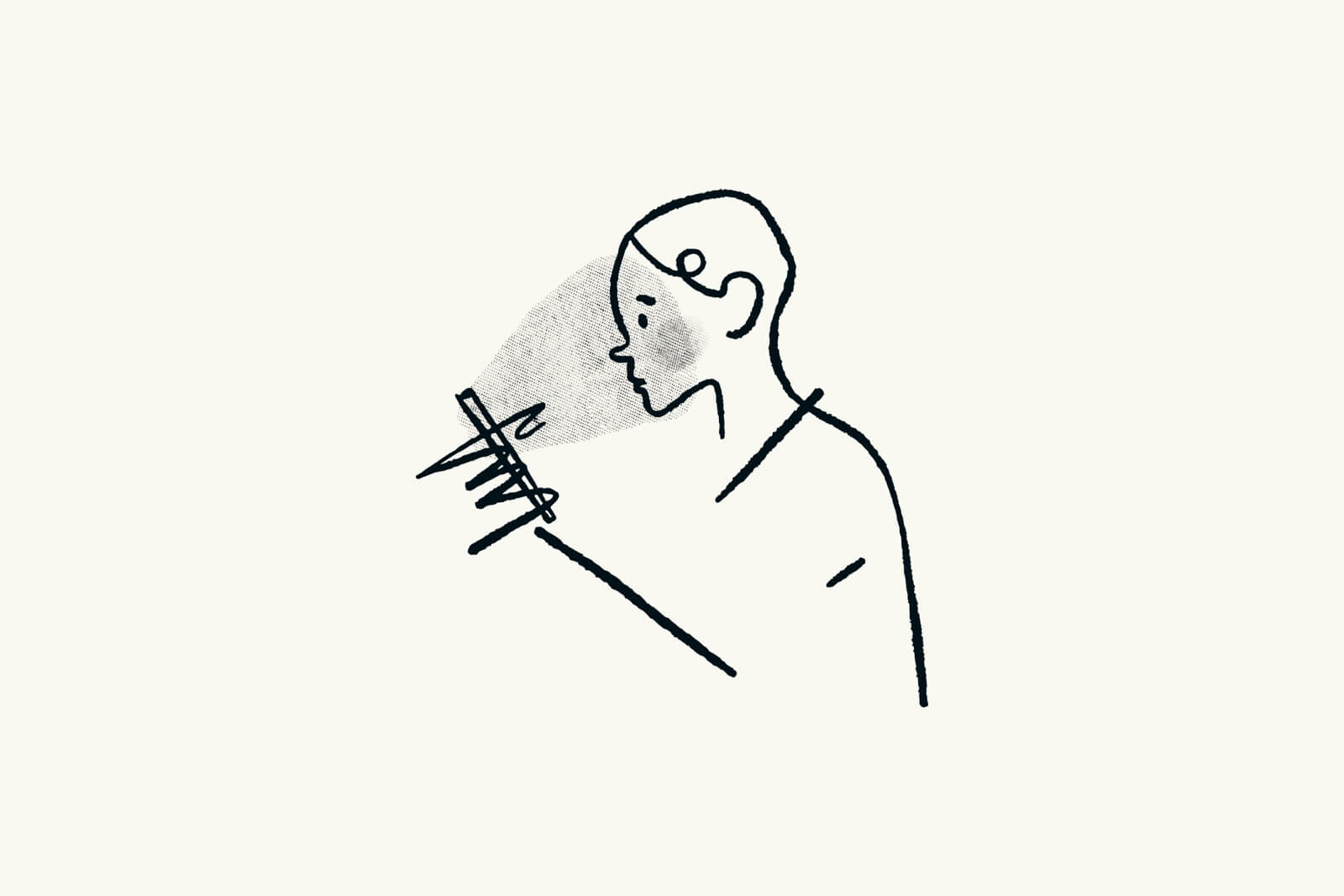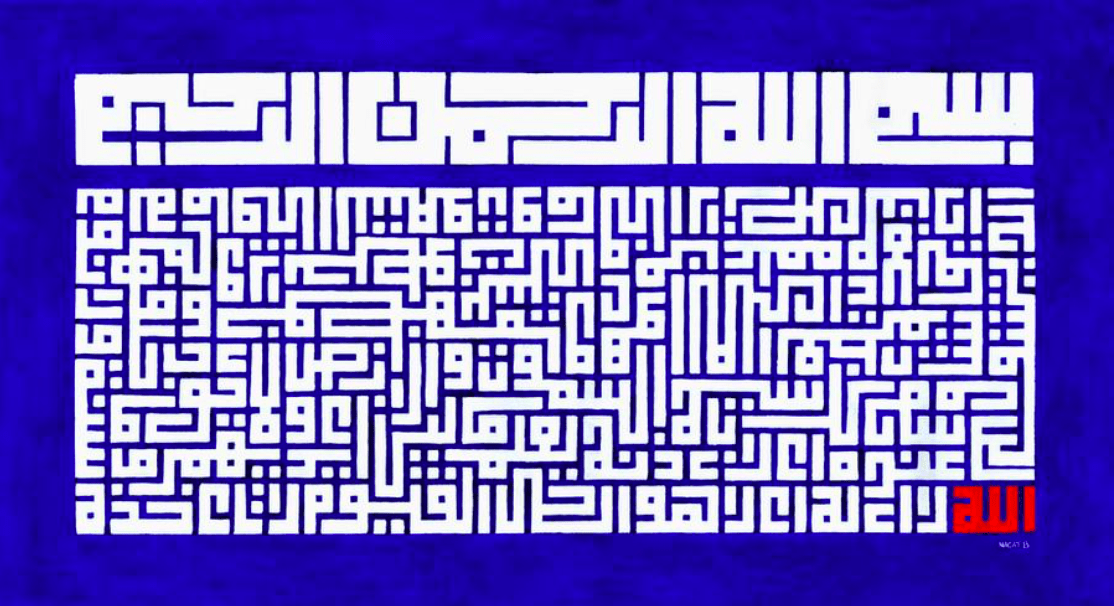People who have never tried fasting before are astonished to contemplate not eating or drinking all day. But it becomes easier as one moves through the month of Ramadan. A rhythm is introduced; perhaps different than normal. Maybe your sleep schedule is different. You find something else to do during lunchtime. I find the change itself beneficial, especially during the quarantine.
I’m still being a bit stubborn. Other years, I’ve given up coffee for the month. This year, I didn’t dare think of it. In the early morning, I drank a cup (usually it’s two) before having the leftover vegan pizza from the iftar last night along with dates, cashews, almonds, cranberries, and homemade soy yogurt.
Spain is deescalating the estado de alarma with a series of phases. Each phase lasts approximately two weeks and gives more freedom of mobility to individuals and businesses. By late June, if there isn’t another big outbreak, spain will have transitioned into la nueva normalidad. There are still fatalities from COVID-19, however.
Even though it’s the fourteenth day, the 13th part of the Qur’an has one of my favorite verses:
“God does not change the condition of a people until they change what is within themselves.“ [13:11]
People who are skeptical of any religion or supernatural/unexplained phenomena in the world constantly wring their heads about why God would allow poverty to exist. But we allow it to happen. All the conditions are there for us to eliminate this, if people awake from their materialistic, individualistic stupor. We are connected to each other, our earth, and everything else within creation. We have the technology and resources to do away with poverty and cancer. We simply do not act on this on a big enough scale for us to achieve utopia in the here and now.
On Lamp of Islam, I came across a great response to the question of the mosque-goers during the pandemic.
God, according to the Quran, is not an external entity/deity that is separate from everything. He works through His laws, manifested to our perceptions as laws of nature…
Though it is God who is the ultimate ‘doer’, it is through His agencies that He eventually actualizes His will to ‘do’ the things. On this particular occasion, when some people are dying from the coronavirus pandemic because of going to the mosques, the agencies involved in actualizing God’s will are mainly these people’s own irresponsible actions.
The Quran relentlessly calls on us to act, to remember the law of consequences and to live so consciously that we feel morally accountable for our own actions.
Read the full response, along with cross-referenced verses.

